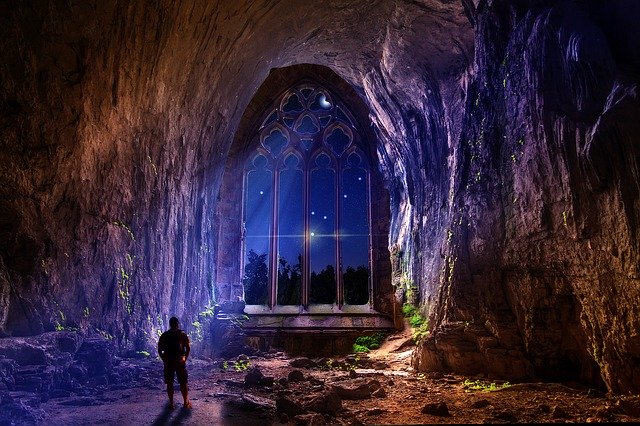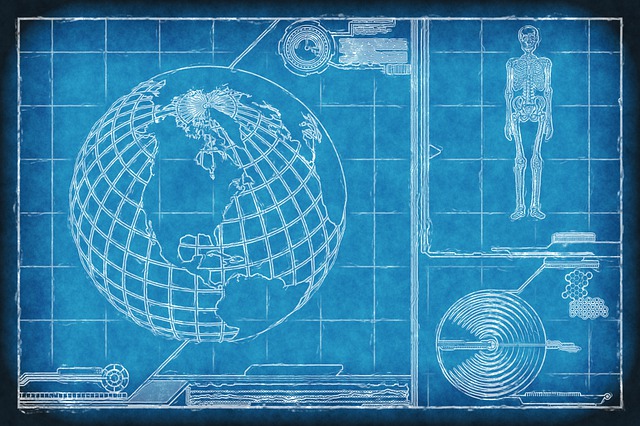 In times of stress and anxiety, it is easy to get distracted from the Christian message. No other event in recent memory is a greater example than the current turmoil resulting from the Covid19 situation. Granted, there have been some inspiring stories about individuals who have given from the heart. There have been business owners who have kept paying staff that cannot work. There have been restaurants that have kept their kitchens operating to feed health care workers and first responders. There have been celebrity performers who have used their talents to lift spirits and help with fund-raising. There have been wealthy citizens who have donated large sums to aid those less fortunate. Even children have stepped up to help where they can. It seems there are daily reminders that human kindness still exists in the world.
In times of stress and anxiety, it is easy to get distracted from the Christian message. No other event in recent memory is a greater example than the current turmoil resulting from the Covid19 situation. Granted, there have been some inspiring stories about individuals who have given from the heart. There have been business owners who have kept paying staff that cannot work. There have been restaurants that have kept their kitchens operating to feed health care workers and first responders. There have been celebrity performers who have used their talents to lift spirits and help with fund-raising. There have been wealthy citizens who have donated large sums to aid those less fortunate. Even children have stepped up to help where they can. It seems there are daily reminders that human kindness still exists in the world.
Unfortunately, there are also reminders of selfish and vile behavior, some within the Christian community.
There are distressing examples of people ignoring health guidelines because it is an inconvenience, There are people who stubbornly refuse to comply with safety standards because they don’t feel it applies to them. There are those who flaunt their disobedience because they believe they are not at risk and have no concern that they might be carriers who could infect others.
There are those who promote violence or dangerous misuse of chemical compounds. There are religious leaders who mislead their flock by encouraging reckless behavior, or use the events to solicit more donations, yet do nothing to help the less fortunate.
The current crisis has pulled back the curtain and exposed the hidden reservoir of hate, bigotry, political hostility and simmering anger that we blindly thought was squelched. Sadly, some of this vile behavior arose from the very institutions that we counted on to direct us – our churches.
There is little doubt that each of us has the capacity to act inappropriately. There is also little doubt that some would find Bible verses that they would use to justify their misdirected behavior. There is little doubt that many have lost their way in a sea of confusion and misinformation. Too many have lost sight of one of the foundational messages of Christianity.
If we set our course by what is known as the “Golden Rule,” we should be able to navigate through this storm.
Matthew 7:12 – “Do unto others as you would have them do unto you.”









